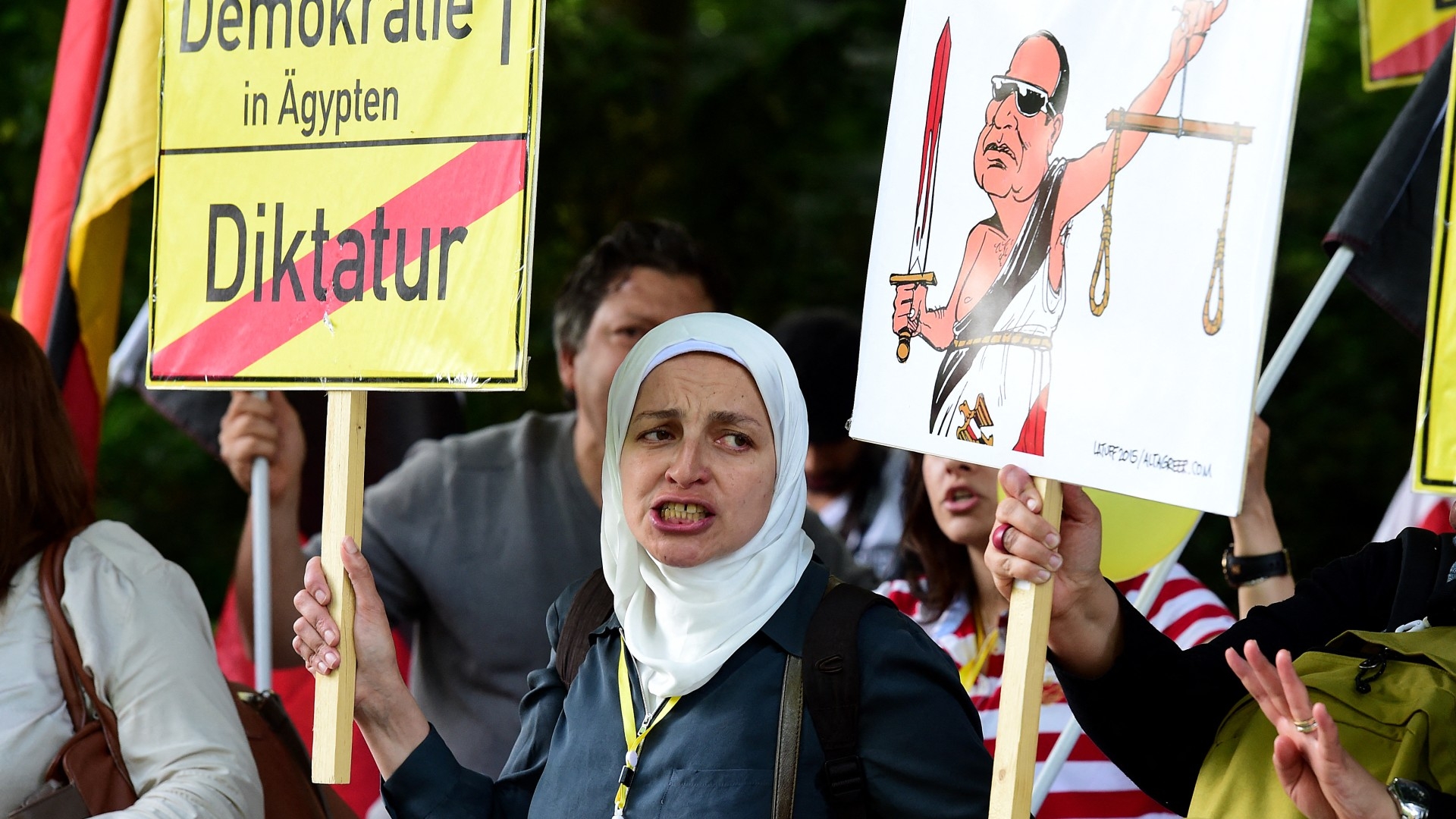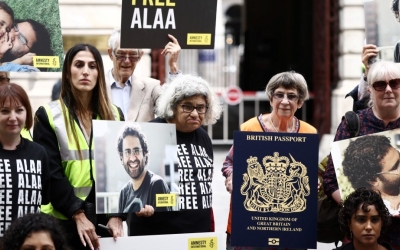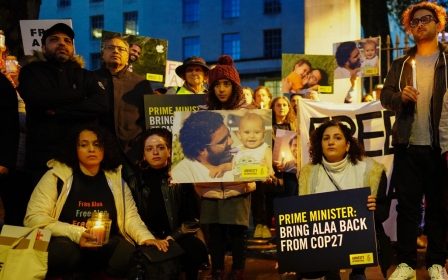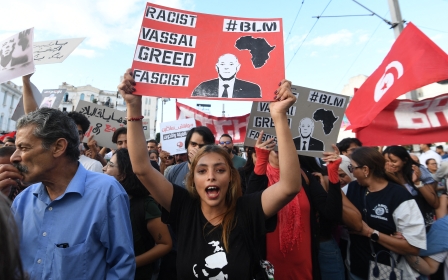Egypt ramps up crackdown on exiled human rights defenders, says report

Egyptian security forces are escalating their persecution of exiled human rights defenders in an attempt to quash dissent abroad, a new report has revealed.
The report, which is based on interviews with 10 human rights activists who fled Egypt between 2017 and 2020, details how Egyptian authorities have used a range of methods to intimidate and harass them, including issuing sentences in absentia, launching judicial investigations and placing them on designated terrorism lists.
Those affected reported being denied consular services and even having their citizenship revoked, making their legal status precarious.
According to the report, jointly published Monday by the Egyptian Human Rights Forum and the Egyptian Front for Human Rights, security services track and monitor activities of exiled activists and intimidate their families by frequently summoning them for questioning or arbitrarily detaining them.
Activists also reported being targeted by digital harassment, through the hacking and use of spyware.
New MEE newsletter: Jerusalem Dispatch
Sign up to get the latest insights and analysis on Israel-Palestine, alongside Turkey Unpacked and other MEE newsletters
"The Egyptian government has perceived the growing influence of the country's exiled activist community as a significant threat," Samar Elhussieny, programs director of the Egyptian Human Rights Forum, told Middle East Eye.
"By aggressively going after activists living in exile, the government seems intent on curtailing their ability to condemn abuses, advocate for accountability, and influence international policies and mechanisms related to the human rights situation in Egypt," she said.
Extradition agreements
The majority of those interviewed for the report did not have much choice about their country of exile and were compelled to make the decision based on logistical and financial considerations.
Upon arrival, several activists reported that the countries they had fled to had struck extradition agreements with Egypt, while others did not have a clear stance on human rights abuses in Egypt under the rule of President Abdel Fattah el-Sisi.
Several activists reported being left in "legal limbo" on arrival at their chosen country's airports. One person recalled having his visa cancelled upon arrival in Korea. Asked whether he wanted to be deported to either Egypt or Malaysia, he chose Malaysia, arriving at the time of the 2018 elections.
"I stayed at the airport for three days. At the time, Mahathir [Mohamd] and Najib [Razak] were up for election. The Najib government supported the deportation of dissidents, and it was in power at the time. There was talk that it would deport people. But because of the elections, I was released. Mahathir won, and I wasn't deported to Egypt," one defender said.
A number of activists reported that their departure from Egypt spurred the authorities to expedite and escalate legal proceedings against them - which in state security cases tend to proceed slowly, and only become active after a prolonged investigation.
One said that his case, which he had believed had been suspended, was reactivated the day he left Egypt.
The majority of individuals interviewed for the report said that they do not know the status of their cases, and are put off asking their lawyers to make inquiries out of fear of reprisals.
Moreover, the inclusion of Egyptian human rights defenders on terrorism lists can have severe legal implications and make their status abroad more precarious - resulting in them being placed on watch lists at airports and border crossings, stripped of civil and political rights and subject to confiscation of property, assets and wealth, the report added.
"The findings in the report paint a deeply concerning picture of the immense personal toll this crackdown is taking on the exiled human rights community," Elhussieny told MEE.
"Fearing for the safety of their loved ones, many are forced to scale back their advocacy or even cease it altogether. Others have had to completely cut ties with Egypt, severing connections to their homes and communities," she said.
The Sisi government, in power since 2014 following a military coup, has been accused by rights groups of overseeing the country's worst era of repression.
An estimated 60,000 political prisoners reportedly languish in Egyptian jails arbitrarily, and scores of pro-democracy advocates have been forced into exile over the past decade.
Middle East Eye delivers independent and unrivalled coverage and analysis of the Middle East, North Africa and beyond. To learn more about republishing this content and the associated fees, please fill out this form. More about MEE can be found here.





